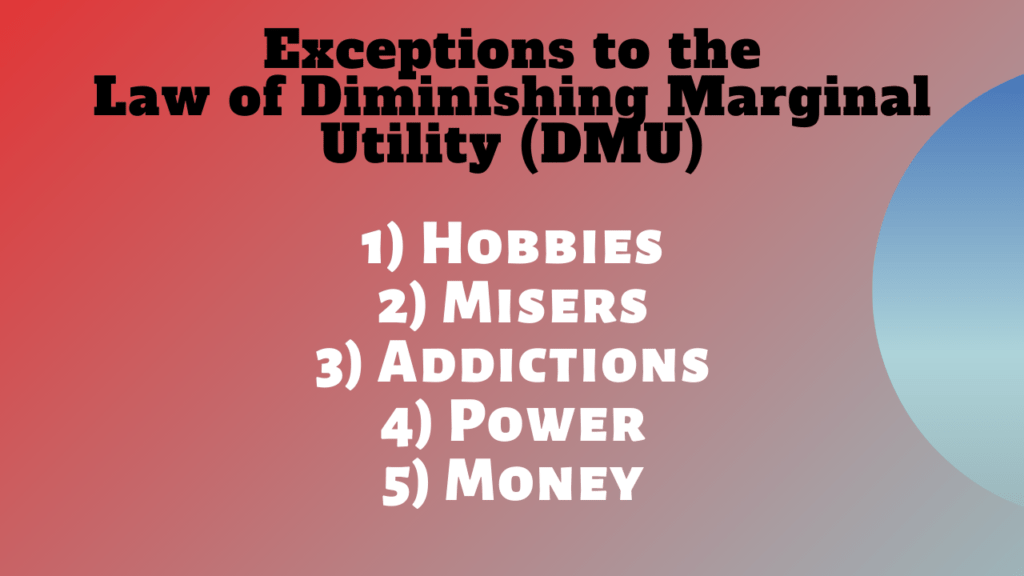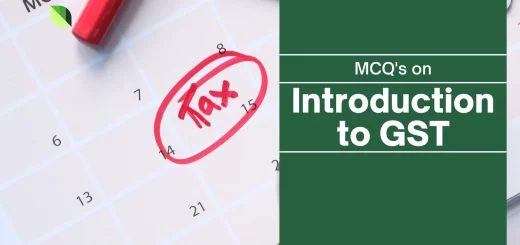Exceptions to the Law of Diminishing Marginal Utility (DMU) | Free Economics Articles
Exceptions to the Law of Diminishing Marginal Utility

What are the Exceptions to the law of diminishing marginal utility?
Introduction:
This law was first proposed by Prof. Gossen but was discussed in detail by Prof. Alfred Marshall in his book ‘Principles of Economics’ published in 1890. The law of diminishing marginal utility is universal in character. It is based on the common consumer behaviour that utility derived diminishes with the reduction in the intensity of a want.
Statement of the Law of DMU:
According to Prof. Alfred Marshall, “Other things remaining constant, the additional benefit which a person derives from a given increase in his stock of a thing, diminishes with every increase in the stock that he already has.”
In other words, a marginal utility that any consumer derives from successive units of a particular commodity goes on diminishing as his or her total consumption of that commodity increases. In short, the more of a thing you have, the less you want to have more of it.
- Microeconomic Definition | Historical Review of Microeconomics
- Scope Or Nature of Microeconomics
- Exceptions of Law of Diminishing Marginal Utility
- Criticism of Law of Diminishing Marginal Utility
Exceptions to the Law of Diminishing Marginal Utility
Following are the Exceptions to the law of diminishing marginal utility:
1) Hobbies:
In certain hobbies like the collection of various stamps and coins, rare paintings, music, reading, etc., the law does not hold true because every additional increase in the stock gives more pleasure. This increases marginal utility. However, this violates the assumption of homogeneity and continuity.
2) Miser:
In the case of a miser, every additional rupee gives him more and more satisfaction. The marginal utility of money tends to increase with an increase in the stock of money. However, this situation ignores the assumption of rationality.
3) Addictions:
It is observed in the case of a drunkard that the level of intoxication increases with every additional unit of liquor consumed. So MU received by drunkards may increase. It is only an illusion. This condition is similar to almost all addictions. However, this violates the assumption of rationality.
4) Power:
This is an exception to the law because when a person acquires power, his lust for power increases. He desires to have more and more of it. However, this again violates the rationality assumption.
5) Money:
It is said that the MU of money never becomes zero. It increases when the stock of money increases. This is because money is a medium of exchange that is used to satisfy various wants. However, according to some economists, this law applies to money too. For example, the marginal utility of money is more to a poor person than to a rich person.
However, these, exceptions are only apparent. Since they violate some or the other assumptions of the law and hence, they are not real exceptions.
Other Related Topics:



This is true